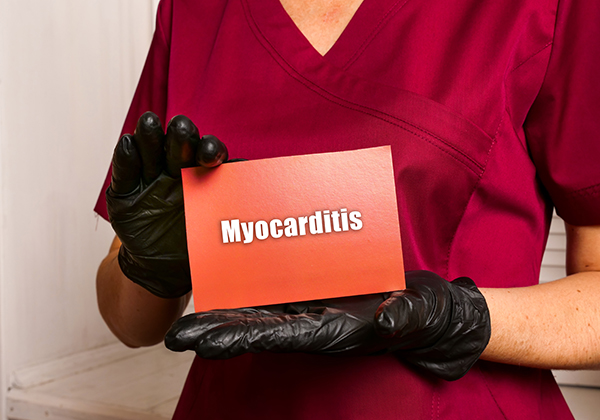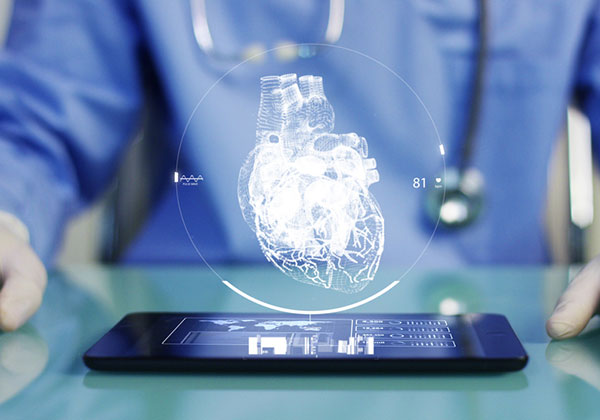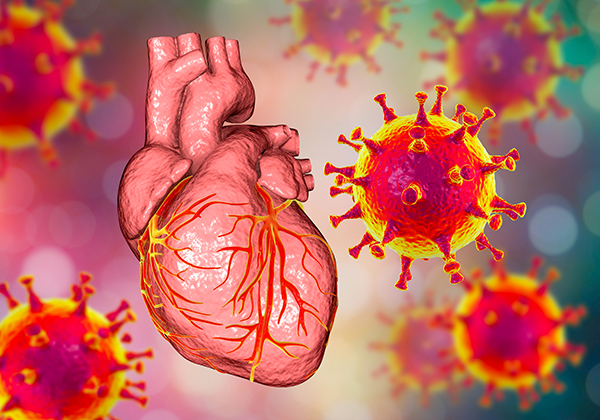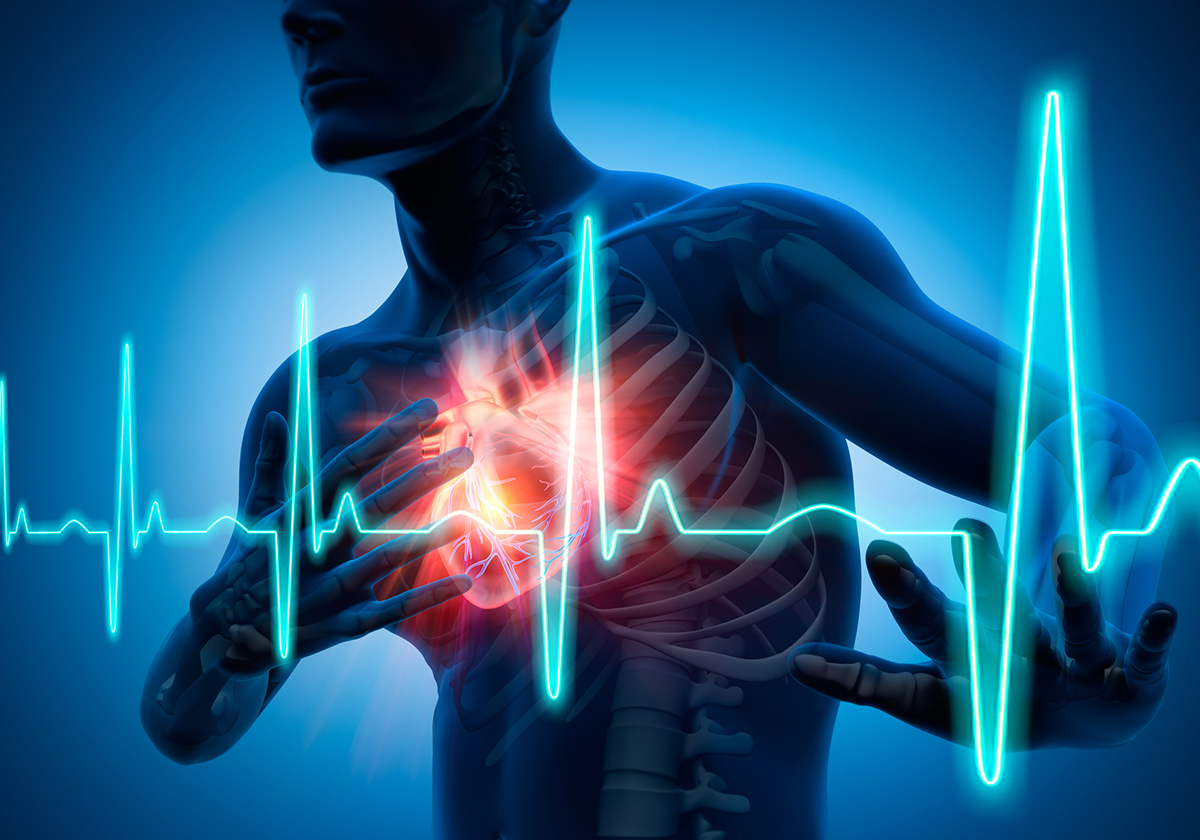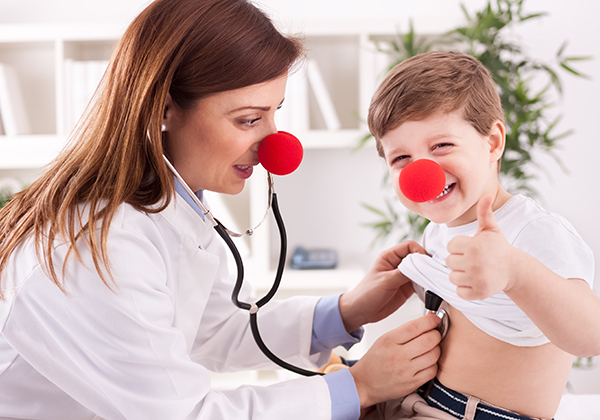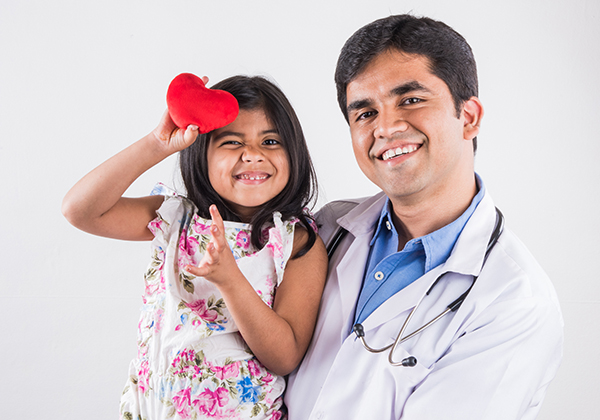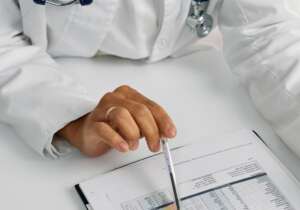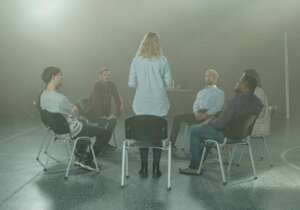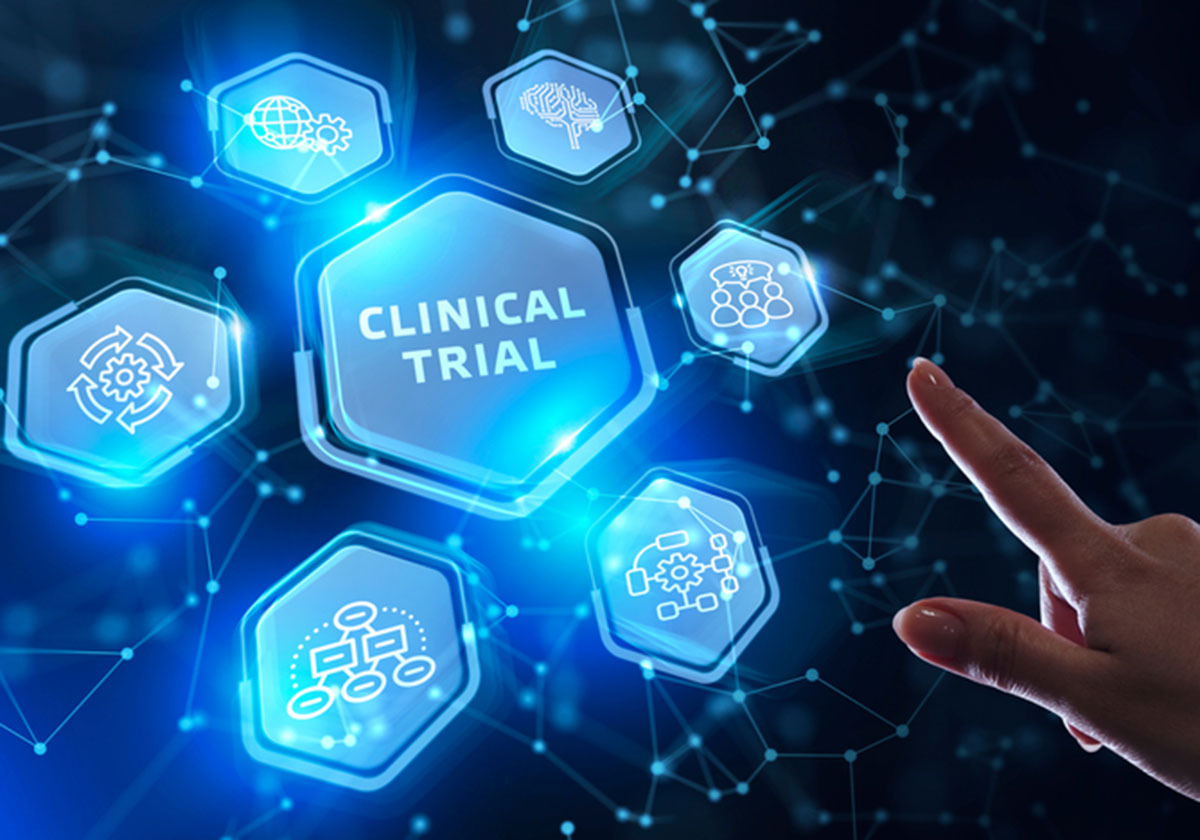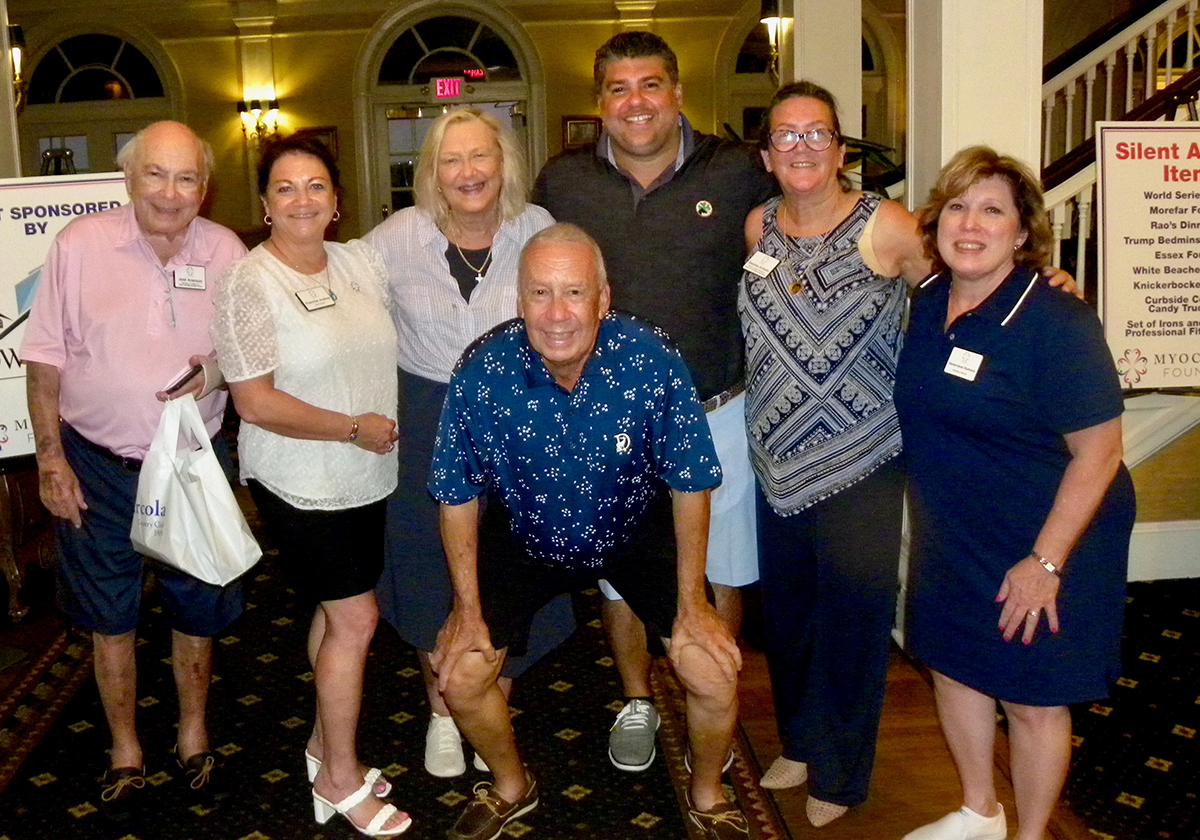(281) 713-2962
800 Rockmead Drive, Suite 155
Kingwood, TX 77339
[email protected]
Routine Cardiac Screening in Sarcoidosis Patients (PAPLAND)
Status: Recruiting
Location: Albany Medical Center, Cleveland Clinic, Medical University of South Carolina, National Jewish Health, Northwestern University Medicine, Penn Medicine, University of Cincinnati Medical Center, University of Illinois-Chicago, University of Iowa, University of Washington Medical Center
Conditions: Albany Medical Center, Cleveland Clinic, Medical University of South Carolina, National Jewish Health, Northwestern University Medicine, Penn Medicine, University of Cincinnati Medical Center, University of Illinois-Chicago, University of Iowa, University of Washington Medical Center
City/State:
Denver, Colorado
Chicago, Illinois
Iowa City, Iowa
Albany, New York
Cincinnati, Ohio
Cleveland, Ohio
Philadelphia, Pennsylvania
Charleston, South Carolina
Seattle, Washington
Contact Information:
Noopur Singh
312-341-0500 ext 107
[email protected]
Ginger Spitzer
773-328-8156
This protocol is an unblended randomized screening trial will have consecutive patients with no suggestion of cardiac sarcoidosis according to usual screening enroll in an enhanced screening protocol. The routine clinical care is to gather patient’s history of symptoms and under go an ECG. If a patient has an abnormal results in standard screening, they typically have further evaluations as part of their routine medical care. These tests might include an echocardiogram, ambulatory ECG, and advanced cardiac imaging (MRI, PET scan as per local practice). A patient that has normal results on standard screening will be randomly assigned to enhanced screening at each center. Half the patients will be randomized to usual follow-up (annual symptom assessment and ECG) and the other half will be assigned to the enhanced screening (echocardiogram and ambulatory ECG at enrollment and at 24 months).
The investigators hypothesize that screening using conventional history, physical and ECG in the general sarcoidosis population, followed by appropriate advanced imaging testing, will result in the identification of a higher percentage of ascertained cardiac sarcoidosis than has been reported historically (2-5%). The investigators hypothesize that routine use of echocardiogram with strain and ambulatory ECG will identify additional patients who will have advanced imaging abnormalities or who meet criteria for cardiac sarcoidosis. The investigators further hypothesize that re-screening patients after 24 months with repeat echocardiogram and ambulatory ECG will identify additional patients with suspicion for cardiac sarcoidosis who had no abnormalities on the standard screening tests.
Cardiac involvement is among the most feared complications of sarcoidosis, and it is the second leading cause of death from sarcoidosis. Autopsy studies and serial imaging studies in patients without cardiac symptoms suggest that approximately 25% of U.S. sarcoidosis patients have evidence of cardiac involvement. 3 Major manifestations of cardiac sarcoidosis include conduction delays, dysrhythmias, and cardiomyopathy. Given the increased recognition of cardiac involvement, prompt screening and diagnosis of cardiac sarcoidosis has been emphasized as a key priority for sarcoidosis research. Screening for cardiac sarcoidosis conventionally has relied on symptoms and electrocardiogram. However, there are no validated screening instruments for symptom assessment, and the usefulness of individual components of the medical history (e.g. palpitations, chest pain, presyncope) has not been assessed. In one study, symptom assessment was found to be less than 50% sensitive for identification of individuals with abnormal cardiac imaging studies. ECG performed poorly, with less than 10% sensitivity. Holter monitoring and echocardiogram were more sensitive than ECG in that study, identifying 50% and 25%, respectively, of those with imaging findings suggesting cardiac sarcoidosis (CS). The intensity of screening for CS in unselected sarcoidosis patients is controversial. The Heart Rhythm Society working group could not agree that echocardiogram or ambulatory ECG added significantly to conventional testing of eliciting cardiac symptoms and ECG; therefore, the working group was unable to recommend adding these procedures as a routine for all sarcoidosis patients. In a large series of Greek non-cardiac sarcoidosis patients, echocardiogram and ambulatory ECG added little prognostic information to usual care. On the other hand, more sophisticated echocardiographic techniques such as speckle tracking seem to provide independent prognostic information. In a second study, Holter monitoring and echocardiography abnormalities were both more common in those with MRI findings consistent with CS, although the usefulness of the tests disappeared in multivariable analysis. While history and ECG are considered the standard of care at present, there is a continuing need to identify markers of poor outcomes. Cardiac MRI and/or cardiac FDG-PET scan can identify large proportions of individuals with asymptomatic imaging abnormalities, but they are expensive, require specialized expertise to interpret, require radiation (PET scan) and are likely impractical for widespread use in all sarcoidosis patients. A second unresolved issue concerning screening for cardiac sarcoidosis is the frequency of re-screening sarcoidosis patients who demonstrate no evidence for cardiac sarcoidosis on an initial screen. The investigators hypothesize that screening using conventional history, physical and ECG in the general sarcoidosis population, followed by appropriate advanced imaging testing, will result in the identification of a higher percentage of ascertained cardiac sarcoidosis than has been reported historically (2-5%). The investigators hypothesize that routine use of echocardiogram with strain and ambulatory ECG will identify additional patients who will have advanced imaging abnormalities or who meet criteria for cardiac sarcoidosis. The investigators further hypothesize that re-screening patients after 24 months with repeat echocardiogram and ambulatory ECG will identify additional patients with suspicion for cardiac sarcoidosis who had no abnormalities on the initial screening tests.
Aims
- To evaluate the rate of diagnosis of cardiac sarcoidosis during standard of care clinical practice that relies on patient symptoms and ECG.
- To evaluate whether second-tier screening tests (echocardiogram and ambulatory ECG) improve the rate of diagnosis of cardiac sarcoidosis beyond conventional screening methods.
- To evaluate the rate of diagnosis of cardiac sarcoidosis in sarcoidosis patients who had initial negative conventional and second-tier screening tests after undergoing these screening tests again at two years.
A Study to Learn About The COVID-19 (Study) Vaccine (Called COMIRNATY) in People That Are Less Than 21 Years Old.
Status: Recruiting
Location: Boston Children's Hospital, Children's Healthcare of Atlanta - Egleston, Children's Hospital, Children's Hospital - New Orleans, Children's Hospital of Colorado, Children's Hospital of Michigan, Children's Mercy - Kansas City, Children's National Hospital- Washington D.C., Children's of Alabama, Cincinnati Children's Hospital Medical Center, Connecticut Children's Medical Center, Duke University Medical Center, Indiana University, Lurie Children's Hospital, Medical University of South Carolina, Medical University of South Carolina (Musc) - Childrens Hospital, Nemours Children's Hospital Delaware, Northwell Health- Cohen Children's Medical Center, Phoenix Children's Hospital, Primary Children's - Salt Lake City, Seattle Children's Hospital & Research Institute, Texas Children's Hospital, University of Michigan Hospital-Mott Children's Hospital, Valley Children's Hospital, Washington University School of Medicine
Conditions: Boston Children's Hospital, Children's Healthcare of Atlanta - Egleston, Children's Hospital, Children's Hospital - New Orleans, Children's Hospital of Colorado, Children's Hospital of Michigan, Children's Mercy - Kansas City, Children's National Hospital- Washington D.C., Children's of Alabama, Cincinnati Children's Hospital Medical Center, Connecticut Children's Medical Center, Duke University Medical Center, Indiana University, Lurie Children's Hospital, Medical University of South Carolina, Medical University of South Carolina (Musc) - Childrens Hospital, Nemours Children's Hospital Delaware, Northwell Health- Cohen Children's Medical Center, Phoenix Children's Hospital, Primary Children's - Salt Lake City, Seattle Children's Hospital & Research Institute, Texas Children's Hospital, University of Michigan Hospital-Mott Children's Hospital, Valley Children's Hospital, Washington University School of Medicine
City/State:
Charleston, South Carolina
Seattle, Washington
Birmingham, Alabama
Pheonix, Arizona
Los Angeles, California
Madera, California
Aurora, Colorado
Hartford, Connecticut
Wilmington, Delaware
Washington D.C.
Atlanta, Georgia
Chicago, Illinois
Indianapolis, Indiana
New Orleans, Louisiana
Boston, Massachusetts
Ann Arbor, Michigan
Kansas City, Missouri
Cincinnati, Ohio
Philadelphia, Pennsylvania
Houston, Texas
Salt Lake City, Utah
New Hyde Park, New York
Detroit, Michigan
Saint Louis, Missouri
Durham, North Carolina
Contact Information:
Pfizer CT.gov Call Center 1-800-718-1021 [email protected]
The purpose of this clinical trial is to learn about the safety and effects of the study vaccine (called COMIRNATY) for the potential prevention of COVID-19. This study is seeking participants who:
- Are age <21 years.
- Have presentation to participating medical center with evaluation in Emergency Room and/or hospitalization.
- Received either the 1st, 2nd, 3rd or booster dose(s) of COMIRNATY within 7 days of symptom onset.
- Meet criteria of Centers for Disease Control and Prevention case definition of probable or confirmed myocarditis/pericarditis
- Are capable of giving signed informed consent/assent (by parents/legal guardians of minors and/or patients), which includes compliance with the requirements and restrictions listed in the Informed Consent/Assent Document and in this protocol OR meets criteria for waiver of consent.
This study will examine the potential long-term effects associated with myocarditis/pericarditis following vaccination with COMIRNATY. The association of myocarditis/pericarditis in participants who received the study vaccine (COMIRNATY) compared with those associated with COVID-19 will also be examined. This will help us determine if COMIRNATY is safe and effective, and if there is a myocarditis/pericarditis association that should be noted. Participants will take part in this study for up to 5 years. During this time, they will receive complete cardiac imaging tests, and have follow up visits per guidance stated in the study protocol.
This is a low-interventional cohort study to determine cardiac and non-cardiac long-term outcomes of persons <21 years of age with myocarditis/pericarditis after the administration of COMIRNATY, compared with similarly aged persons with myocarditis/pericarditis associated with COVID-19, including MIS-C.
To be classified as having COMIRNATY-associated myocarditis/pericarditis, a person must 1) meet the CDC case definition for probable or confirmed myocarditis/pericarditis,15 2) have received any dose of COMIRNATY ≤ 7 days of symptom onset, and 3) have no other plausible alternative etiology at the time of enrollment. Inclusion criteria for participants are:
- Age <21 years
- Presentation to a participating medical center with evaluation in Emergency Room and/or hospitalization
- Received either the 1st, 2nd, 3rd or booster dose(s) of COMIRNATY ≤7 days of symptom onset, even if a different brand of COVID-19 vaccine had been administered in earlier vaccinations Retrospectively ascertained participants must be enrolled within 2 years of diagnosis
- COVID-19 related disease
- Probable or confirmed myocarditis/pericarditis as per the contemporaneous CDC case definition at the time of diagnosis
- Capable of giving signed informed consent/assent (by parents/legal guardians of minors and/or patients), which includes compliance with the requirements and restrictions listed in the Informed Consent/Assent Document and in this protocol OR meets criteria for waiver of consent.
To be classified as having myocarditis/pericarditis associated with COVID-19, a person must have 1) either acute severe COVID-19 infection or MIS-C, as defined by the CDC, 2) findings of probable or confirmed myocarditis in the CDC definition, 3) no other plausible alternative etiology.
Participants in all cohorts will be those who present to participating medical centers for care. This study is a collaboration between the National Heart, Lung, and Blood Institute (NHLBI)’s Pediatric Heart Network (PHN) and Pfizer.
Approximately 300 prospectively ascertained cases of children, adolescents, and young adults <21 years of age who receive care at participating medical centers for myocarditis/pericarditis associated with COMIRNATY, up to 200 retrospectively ascertained cases of persons <21 years of age who receive care for myocarditis/pericarditis associated with COMIRNATY, and approximately 100 persons <21 years of age with COVID-associated myocarditis/pericarditis, including MIS-C will be enrolled.
Quantitative Cardiac Parametric Mapping
Status: Recruiting
Location: Medical University of South Carolina
Conditions: Medical University of South Carolina
City/State:
Charleston, South Carolina
Contact Information:
Mark Ghent, BA 843-876-7148 [email protected]
Name: Jacob Rowe, BA 843-876-4922 [email protected]
Brief Summary: The overall goal of this project is to evaluate the clinical potential of fast quantitative myocardial tissue characterization using recently emerged Cardiac Magnetic Resonance Imaging (CMR) techniques to aid the diagnosis, treatment, and follow up of patients with myocardial diseases, such as ischemic heart disease, cardiomyopathies, and myocarditis.
Read more
